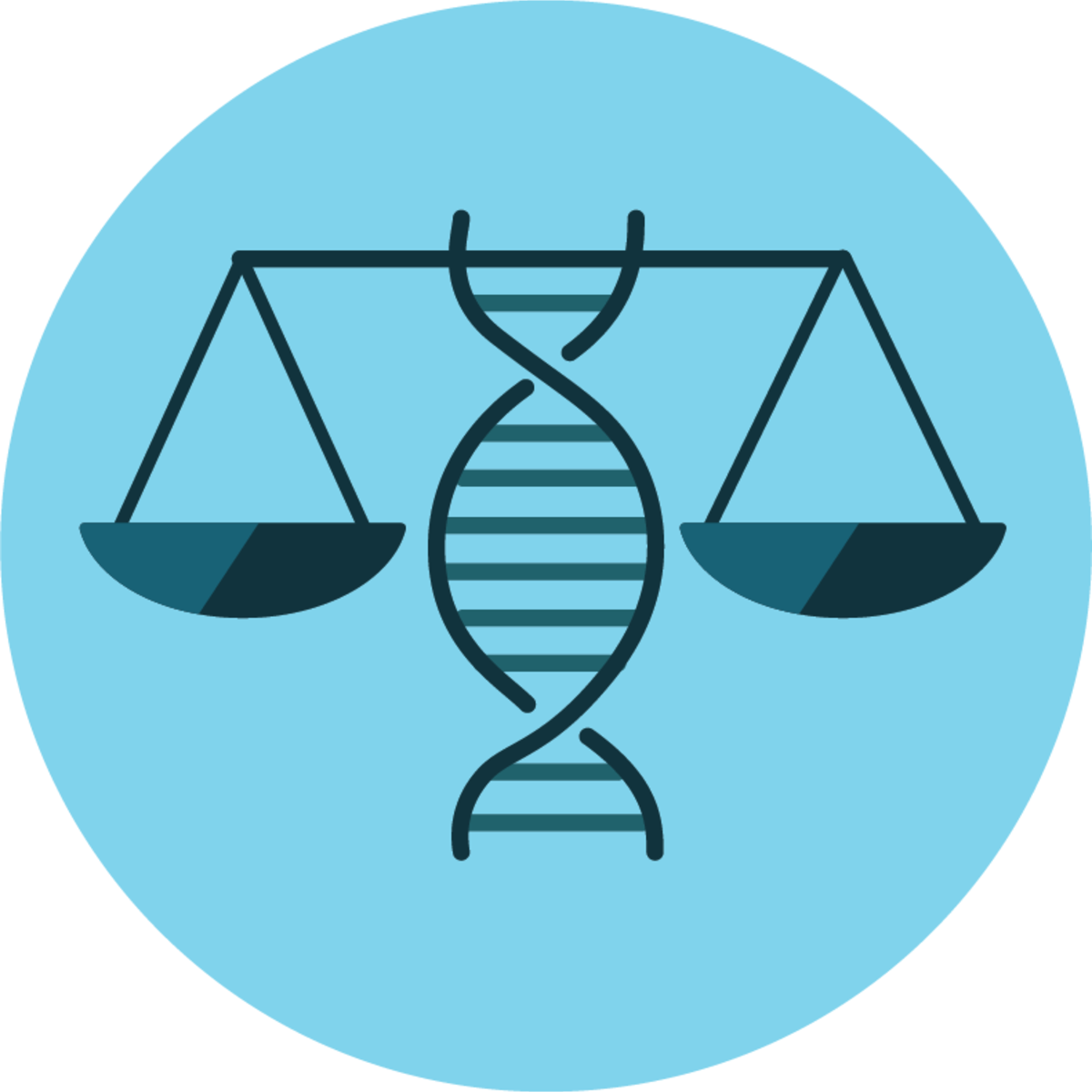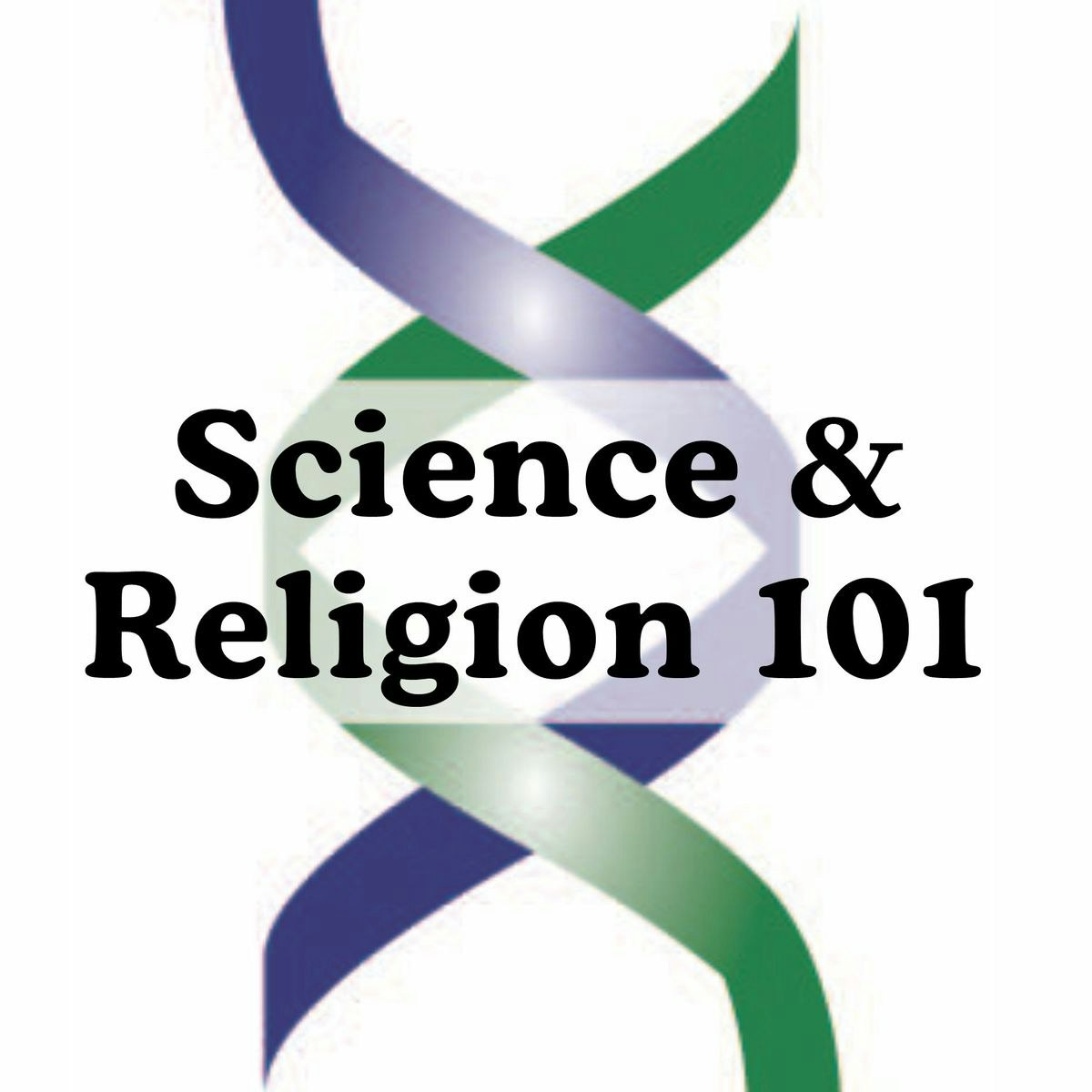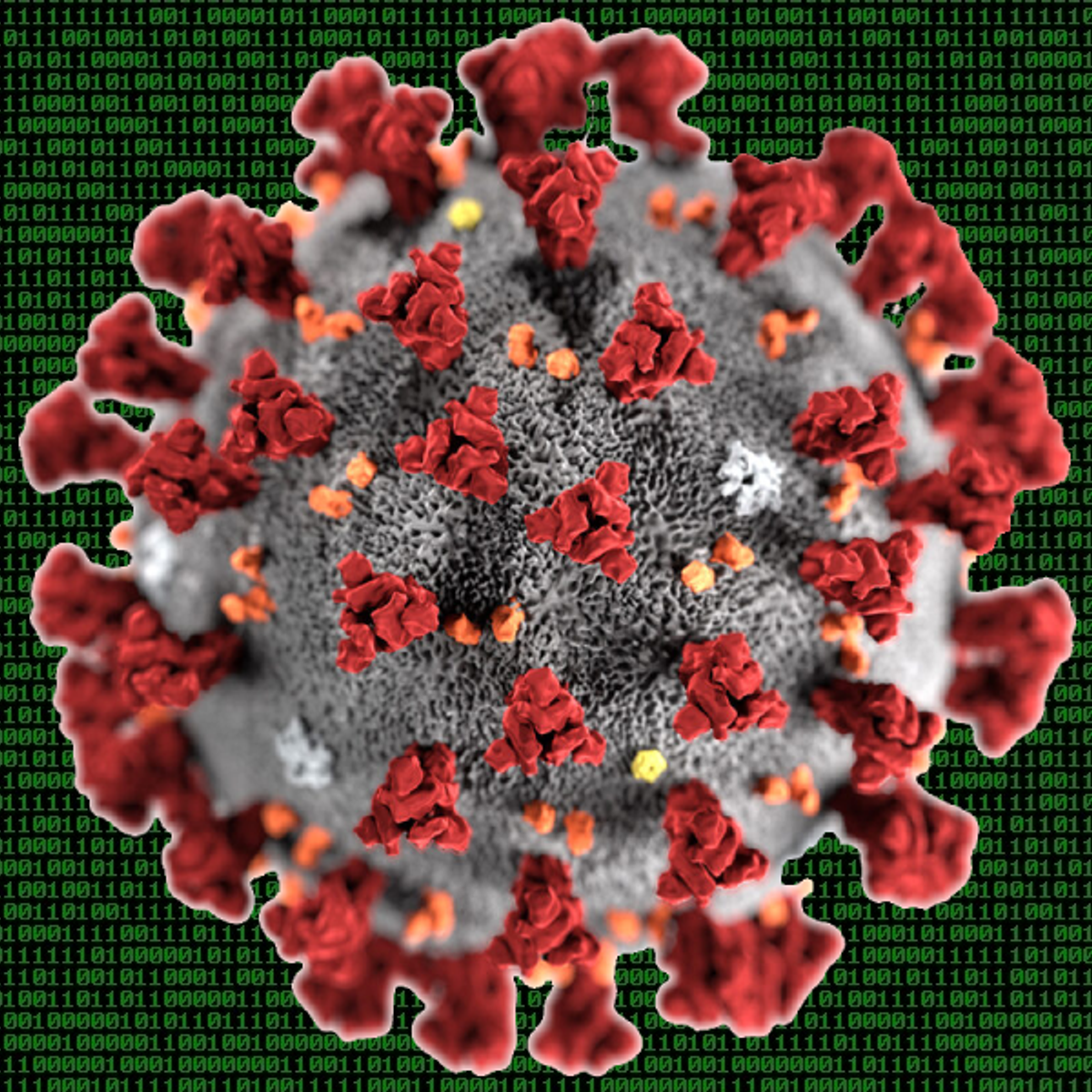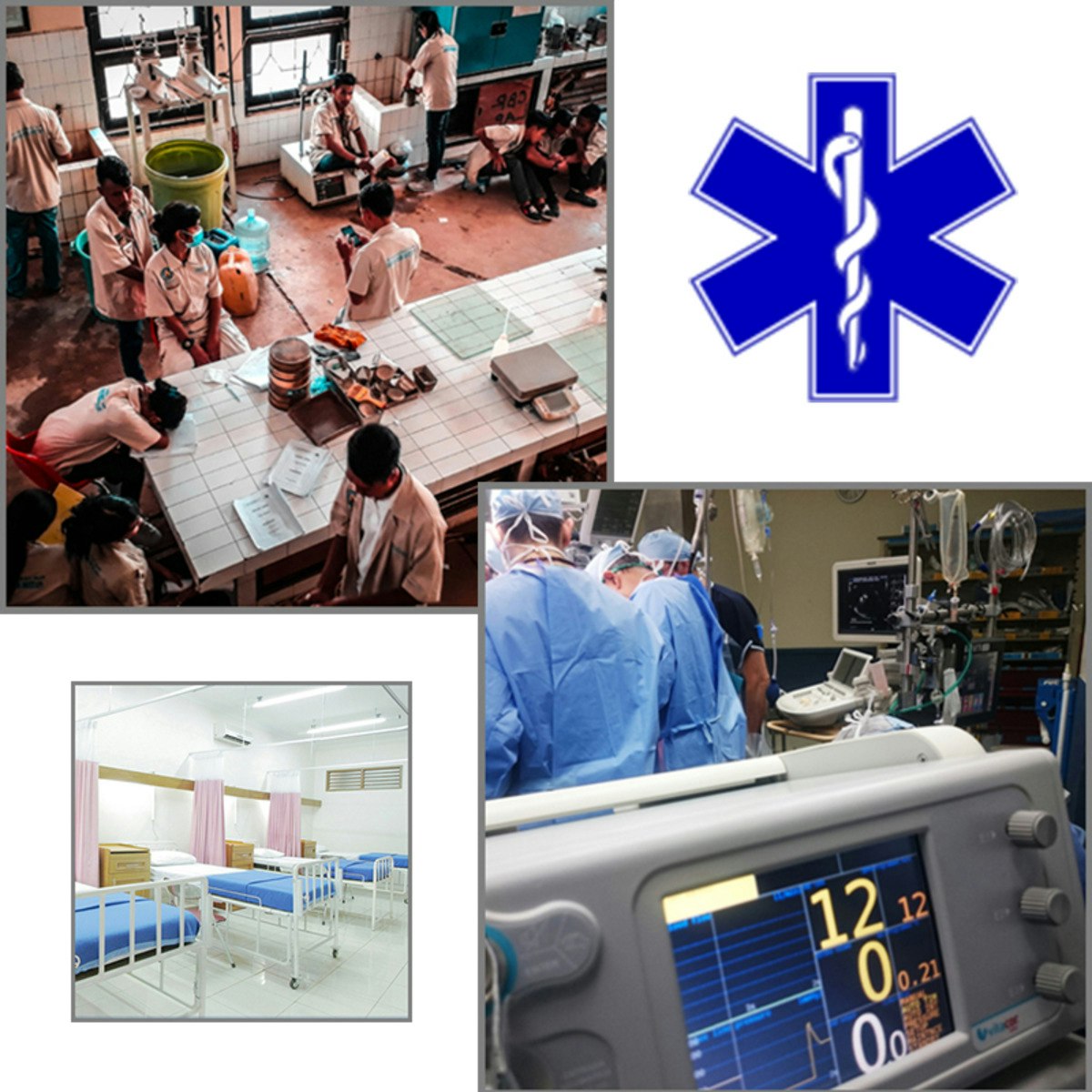Back to Courses









Life Sciences Courses - Page 45
Showing results 441-450 of 644

Sampling People, Networks and Records
Good data collection is built on good samples. But the samples can be chosen in many ways. Samples can be haphazard or convenient selections of persons, or records, or networks, or other units, but one questions the quality of such samples, especially what these selection methods mean for drawing good conclusions about a population after data collection and analysis is done. Samples can be more carefully selected based on a researcher’s judgment, but one then questions whether that judgment can be biased by personal factors. Samples can also be draw in statistically rigorous and careful ways, using random selection and control methods to provide sound representation and cost control. It is these last kinds of samples that will be discussed in this course. We will examine simple random sampling that can be used for sampling persons or records, cluster sampling that can be used to sample groups of persons or records or networks, stratification which can be applied to simple random and cluster samples, systematic selection, and stratified multistage samples. The course concludes with a brief overview of how to estimate and summarize the uncertainty of randomized sampling.

Genomics for Law
Genomics for Law provides a unique framework to review the history and basics of genomics research as well as explore how genomics has, and will continue to, interact with the law.
Throughout this course you will explore the implications of genomics research on law, as well as law's influence and implications on genomics research, as it pertains to the following topics:
• Genomics and Criminal Law
• Genomics and Criminal Procedure
• Forensic Genomics
• Intellectual Property Protection and Biotechnology
• Genomics and Tort Law
• Genomics and Privacy Law
• Legal and Ethical Issues in Genomics
This course can be taken to fulfill continuing legal education (CLE) credits for practicing lawyers. 10.25 hours have been approved in Illinois.

A Guide to Healthcare Innovation: Principles and Practice
This course reflects on global health challenges and the role of innovative solutions in addressing them. By engaging in this course, you will be able to describe the principles and key types of innovation in order to characterise the fundamental features of new models of care and technologies.
This course will review the basic features and principles of healthcare innovation. You'll be examining innovations developed to address global health challenges, ranging from simple low-cost technologies readily deployed in resource constrained settings to more complex combinations of organizational, business model and technology innovations. Throughout this course, you'll also consider how adoption and diffusion is influenced by social, economic and political factors and explore what is required to get an innovation in to practice, effectively, at scale.

Science & Religion 101
This course examines the nature of both science and religion and attempts to explore the possible relationships between them. The primary purpose is to dispel the popular myth that science and religion are entrenched in a never-ending conflict. As a result, this course argues that if the limits of both science and religion are respected, then their relationship can be complementary.
Topics include: Science and Religion Categories and Foundational Principles, Definitions of Science and Religion, Science-Religion Models and Relationships, Intelligent Design and Natural Revelation, the Galileo Affair, Geology and Noah’s Flood, Evolution and Darwin’s Religious Beliefs, the Modern “Evolution” vs. “Creation” Debate, the Problem of Evil, and Interpretations of the Biblical Accounts of Origins in Genesis 1-11.
The course employs a Constructive Teaching Style in order that students can develop their personal views on the relationship between science and religion and on each of the topics listed above.
St. Joseph's College is a Catholic, undergraduate, liberal arts college on the University of Alberta campus. It is an independent institution that is affiliated with the University of Alberta.
Denis O. Lamoureux is Professor of Science and Religion at St. Joseph's College in the University of Alberta. He is the author of Evolutionary Creation: A Christian Approach to Evolution (2008), Evolution: Scripture and Nature Say Yes! (2016), and The Bible & Ancient Science: Principles of Interpretation (2020). Lamoureux is a Research Associate in Paleontology and has contributed to a dozen scientific papers. He is cited in the Who’s Who of Theology and Science and has delivered over 600 lectures throughout the United States and Canada. Lamoureux holds three earned
doctoral degrees—dentistry, theology, and biology.

Hacking COVID-19 — Course 2: Decoding SARS-CoV-2's Secrets
In this course, you will follow in the footsteps of the bioinformaticians investigating the COVID-19 outbreak by annotating the SARS-CoV-2 genome and using the annotation to design a COVID-19 diagnostic test. Whether you’re new to the world of computational biology, or you’re a bioinformatics expert seeking to learn about its applications in the COVID-19 pandemic, or somewhere in between, this course is for you! As you go through this journey, we will introduce and explain genomic concepts and give you many opportunities to practice your skills, and we will provide a series of problems with gradually increasing complexity. This second course will only discuss the annotation of the SARS-CoV-2 genome, but future courses in this series will explore follow-up bioinformatics analyses used in the COVID-19 pandemic.

Bacterial Bioinformatics
This course provides demonstrations and exercises for performing common genomics-based analysis tasks of bacterial sequence data. It uses PATRIC, the PathoSystems Resource Integration Center, as the platform for analysis. PATRIC is the NIH/NIAID-funded bacterial Bioinformatics Resource Center, providing comprehensive bacterial genomic data with integrated analysis tools and visualizations. PATRIC also provides a private workspace where users can upload and analyze their own data.
Course participants will gain skills needed to do comparative analysis of bacterial genomes, starting with raw sequence data.The lessons in the first module cover genome assembly, annotation, phylogenetic tree construction, and protein family / proteome comparisons. Each lesson builds on the previous, creating a complete baseline analysis workflow.

Quality Improvement in Healthcare Organizations
Have you ever though that healthcare quality could be improved - either where you get health care treatment or where you delivery health care? Have you ever thought that there should be a way for you to determine the relative quality of your choices? Have you found yourself thinking that there should be a way for you to provide your view and input on the quality of healthcare organization? Or do you work in a healthcare organization and find yourself thinking that there must be better ways to continuously and systematically improve the quality of your healthcare organization? If you have, this course is for you.
Course content includes an overview of quality and quality improvement programs, measures, and data in healthcare organizations. The course provides links to external sites to connect you to the larger "real world" of healthcare organization quality and quality improvement. The links also serve as resources you can take with you after you complete the course experience. And because everyone loves a road trip/field trip, there are also "virtual field trips" to the often hidden places of interest on the web.
The course format is readings, videos, quizzes, and a project. The project requires you to synthesize course material to design a quality improvement program for a healthcare organization the way you would have things run in the best of all worlds. The design (submitted as an electronic spreadsheet) is an artifact of the course which you can circulate to colleagues or use as the basis for talks or presentations.

Understanding Patient Perspectives on Medications
Inappropriate use of medicines harms patients' health and increases healthcare costs. When healthcare professionals and patients engage together, healthcare can be based on the patient perspective, so the use of medicines is better tailored to each patient's needs and preferences. The result is a better relationship between patients and healthcare professionals, more appropriate medicines use, improved patient outcomes, and reduced healthcare costs.
In this course you will learn about the patient perspective on medicines use, and how to explore and apply it in healthcare and health policy. The course is related to the course Patient Perspectives on Medications: Qualitative Interviews, but each course can be taken separately.
The course, Understanding Patient Perspectives on Medications, is created by Anna Birna Almarsdóttir, Lotte S. Nørgaard, Sofia K. Sporrong, Lourdes Cantarero-Arevalo, Anne Gerd Granas, Johanne M. Hansen, Martin C. Henman, Solveig N. Jacobsen, Susanne Kaae, Katja Taxis and Ramune Jacobsen.

Health Behavior Change: From Evidence to Action
Humans often fail to make rational decisions that affect their health. This course seeks to heighten understanding of the social and behavioral factors that contribute to health decisions and behaviors, with an ultimate goal of learning how to utilize these factors in improving public health efforts. Through a set of experiential learning exercises, students will learn to apply the science of health behavior change in their own lives. The course is appropriate for students interested in health care and public health, as well as individuals who are interested in learning to apply the science of behavior change to improve their personal wellbeing.

Social Psychology
Ever wonder why people do what they do? This course—which includes more than $1,000 of video and reading materials—offers some answers based on the latest research from social psychology. Students taking the course for a Certificate will also receive free membership in Social Psychology Network (SocialPsychology.org).
COURSE DESCRIPTION FROM PROFESSOR PLOUS:
Each of us is dealt a different hand in life, but we all face similar questions when it comes to human behavior: What leads us to like one person and dislike another? How do conflicts and prejudices develop, and how can they be reduced? Can psychological research help protect the environment, and if so, how? This course offers a brief introduction to classic and contemporary social psychology, covering topics such as decision making, persuasion, group behavior, personal attraction, and factors that promote health and well-being.
Our focus will be on surprising, entertaining, and intriguing research findings that are easy to apply in daily life. The course will also draw from the websites of Social Psychology Network, the world's largest online community devoted to social psychology. I hope you'll join me for this course, have fun, and learn some useful information that enriches your life.
